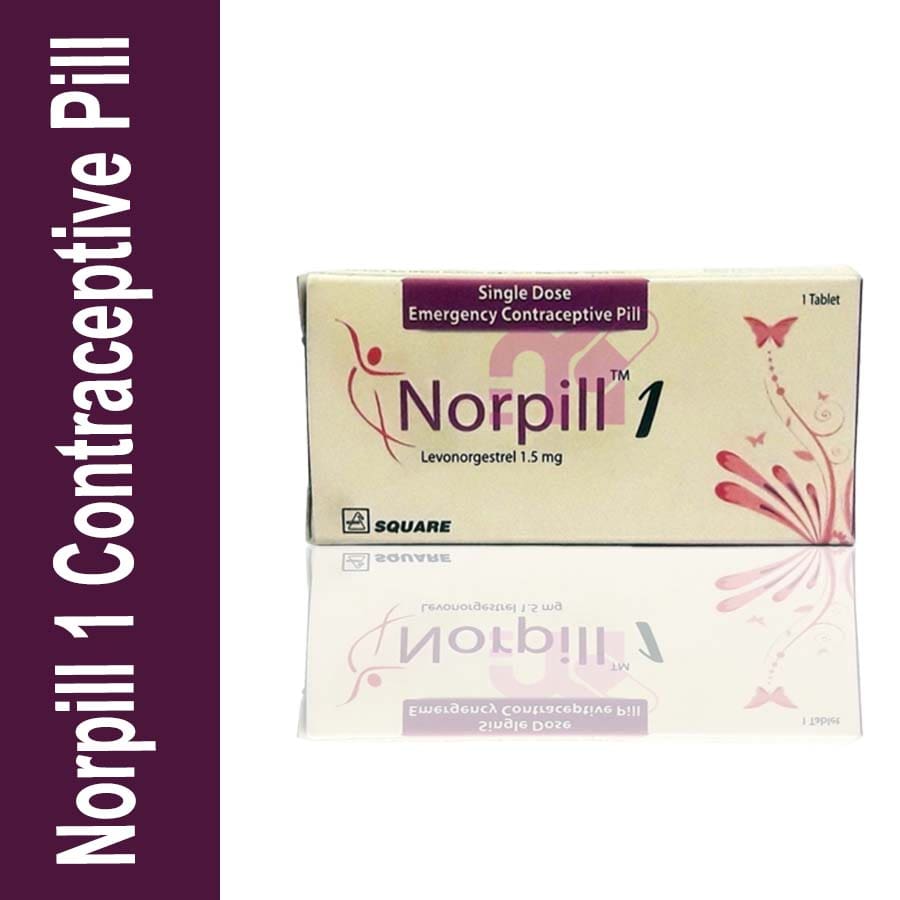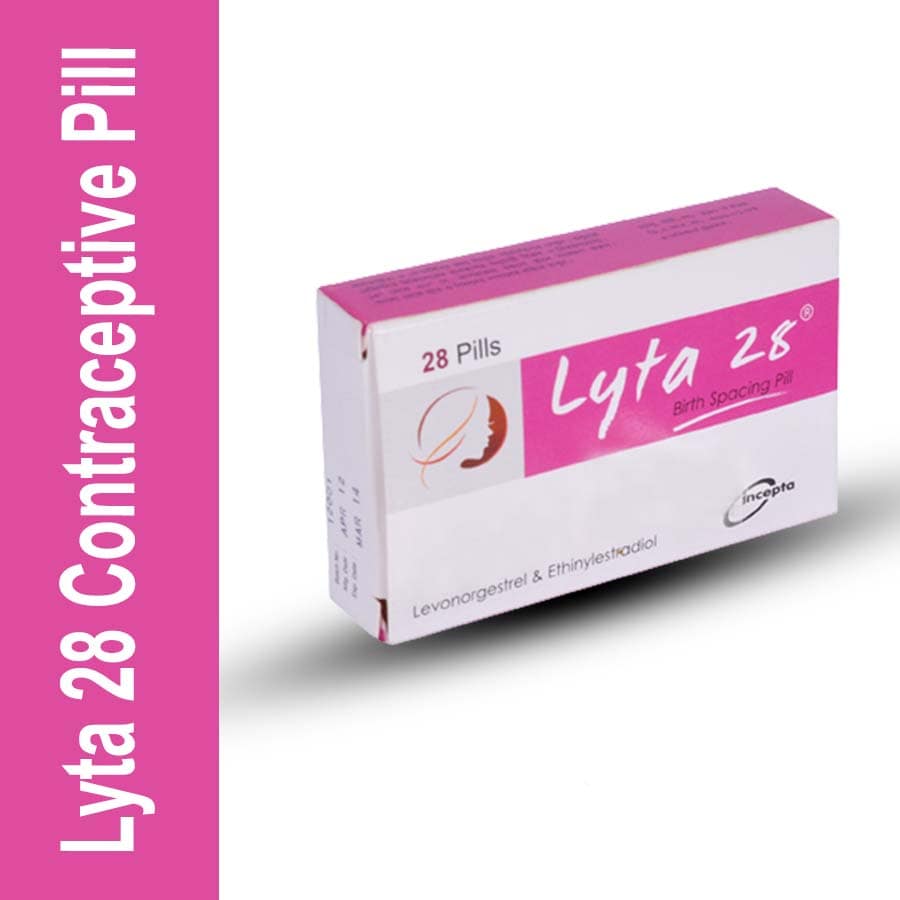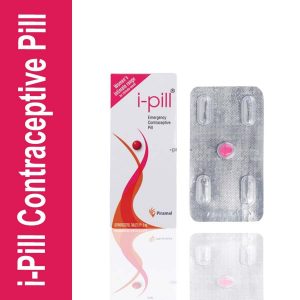Best Contraceptive Pills in Bangladesh
Best Contraceptive Pills in Bangladesh
Women use levonorgestrel to prevent conception in the case of a birth control failure (such as a broken condom) or unprotected sex. This medicine should only be used as an emergency contraceptive and not as a normal method of birth control. This drug will not prevent a pregnancy from occurring or protect you or your partner from sexually transmitted infections (such as HIV, gonorrhea, chlamydia). If you’re above a specific weight (for example, 164 pounds or 74 kilograms), or if you’ve taken certain other prescriptions in the last month, this medication could not work for you. Pregnancy may occur as a consequence of this impact. Consult your doctor for further information and to determine if this drug is good for you (see also Drug Interactions section). Even if you’ve used the product previously, read the ingredients on the label. The components may have been altered by the manufacturer. Furthermore, items with identical names may include distinct chemicals with different functions. You might get ill if you use the incorrect product.
1. Contraceptive i-Pill in Bangladesh
The female hormone progestin (a type of progesterone) is used to prevent unwanted pregnancy and is also used for hormone treatment using the i-Pill Emergency Contraceptive Pill. The i-Pill Emergency Contraceptive Pill, 1 Tablet is a hormonal contraceptive that is delivered by an intrauterine device and is used as a single agent in emergency contraception (IUD). The most often used emergency contraception is the i-Pill Emergency Contraceptive Pill, 1 Tablet. The term “unintended pregnancy” refers to a pregnancy that happened either unintentionally or when no further children were planned. Pregnancy may also be mistimed, such as when it occurs sooner than expected.
Directions for Use:
Your doctor will prescribe the dosage and duration for the i-Pill Emergency Contraceptive Pill, 1 Tablet. To prevent stomach discomfort, use the i-Pill Emergency Contraceptive Pill after a meal. It should not be chewed or crushed; instead, it should be swallowed whole.
Caution:
- If you are allergic to i-Pill Emergency Contraceptive Pill, 1 Tablet, or any of the components, do not take it.
- If you’re already pregnant, don’t use the i-Pill Emergency Contraceptive Pill, 1 Tablet since it won’t stop the pregnancy.
- If you are a nursing mother, please contact your doctor before using the i-Pill Emergency Contraceptive Pill, 1 Tablet, since it may pass via the milk to the infant.
- If you have an artificial valve in your heart, have heart disease such as high blood pressure or high blood cholesterol levels (increased fat in your blood), have asthma, have blood clot problems, have a bleeding disorder, have liver or kidney disease, have anemia (low hemoglobin), salpingitis (inflammation of the fallopian tubes), or are otherwise malnourished, do not use i-Pill Emergency Contraceptive Pill.
- Because the i-Pill Emergency Contraceptive Pill, 1 Tablet is known to induce drowsiness, it is not recommended that you drive or operate equipment while taking it.
- Because of a known interaction, St John’s Wort (a natural treatment used to treat moderate depression) should not be used while using i-Pill Emergency Contraceptive Pill.
2. Femicon
Femicon is a household name in Bangladesh when it comes to contraceptive pills. It is a low–dose oral contraceptive pill (OCP) that softly adjusts to women’s bodies and helps couples plan their families. Birth control pills with a low dosage function nicely. The problem is that the more estrogen you take, the more likely you are to have side effects including headaches, nausea, breast discomfort, and rare but deadly blood clots. Most modern tablets contain 35 micrograms or less of estrogen, which is referred to as “low dosage.” For the most part, these medicines are both safe and effective. However, certain individuals should not use them, so discuss your health and habits with your doctor (such as smoking).
![]()
Directions For Use:
Norgestrel & Ethinyl Estradiol, as well as ferrous fumarate, must be taken precisely as advised and at intervals of no more than 24 hours to ensure optimal contraceptive efficacy. Prior to starting medication, the likelihood of ovulation and pregnancy should be explored. According to the suggested regimen, one white tablet of Norgestrel & Ethinyl Estradiol and ferrous fumarate should be taken daily for 21 days, followed by one brown tablet daily for 7 days. It’s best if you take your medications at the same time every day.
Caution:
Please maintain caution if you have the following conditions,
- Pregnancy
- Undiagnosed vaginal bleeding
- Severe arterial disease (or family history of atherogenic lipid profile)
- Liver adenoma
- Porphyria;
- After the evacuation of a hydatidiform mole (an abnormally fertilized egg or an overgrowth of tissue from the placenta.)
- History of breast cancer
- Hepatic impairment
- Thrombophlebitis or thromboembolic disorders
- Breast carcinoma except in selected patients being treated for metastatic disease
- Estrogen-dependent tumor
- Smoking more than 40 cigarettes daily
- Over 50 years of age
- Diabetes complications present
- BMI >39 kg/m2
- Migraine with typical focal aura, lasting >72 hr despite treatment or migraine treated with ergot derivatives
- BP >160 mmHg systolic and 100 mmHg diastolic
- Transient ischaemic attacks without headaches
- Systemic lupus erythematosus (SLE);
- Gallstones
- History of the hemolytic uraemic syndrome
- Pruritis during pregnancy
- Cholestatic jaundice
- Chorea or deterioration of otosclerosis pemphigoid
- Breastfeeding during 1 st 6 mth after delivery.
3. Norpill 1
Norpill 1 is a birth control pill that may be used in an emergency. After unprotected intercourse or contraceptive failure, it offers a safe and effective technique to avoid an unexpected pregnancy. It should not, however, be used as a regular method of contraception. It acts by temporarily blocking the release of an egg from the ovary or inhibiting the fertilization (union) of the egg by sperm to avoid pregnancy. It is available in a single dosage that may be taken with or without meals. If taken within 72 hours following unprotected intercourse, one single dosage of Norpill may deliver excellent effects.

Directions For Use:
1.5 mg Tablet: One pill is required to complete the therapy. The Levonorgestrel pill should be taken as soon as possible after the unprotected intercourse, ideally within 12 hours, and no later than 72 hours (3 days) after the intercourse. During the menstrual cycle, levonorgestrel can be taken at any time.
0.75 mg Tablet: The first Levonorgestrel tablet must be taken within 72 hours of the intercourse, and the second tablet must be taken 12 hours after the first pill has been taken. Levonorgestrel must be used within 48 hours following unprotected intercourse and not later than 72 hours, since the medicine’s efficacy begins to wane after 48 hours. During the menstrual cycle, levonorgestrel can be taken at any time.
Following emergency contraception, a local contraceptive method (condom, spermicide, and cervical cap) is indicated until the next menstrual cycle restarts. The use of Levonorgestrel does not exclude the use of traditional hormonal contraception. If you took this prescription while using oral contraception, you should continue to take the regular pills until the therapy is finished. If no monthly period comes during the next pill-free period after stopping Levonorgestrel, a pregnancy test should be done to rule out the possibility of pregnancy.
Caution:
Emergency contraception should only be used in extraordinary circumstances, since:
- it does not always prevent pregnancy
- In the case of regular consumption, the accompanying hormonal overdose is not advised.
- It will not be able to take the place of normal contraception.
The menstrual cycle normally begins on the predicted date after taking Levonorgestrel, however, it might start a few days early or later. In the event of atypical bleeding on the expected menstruation date or a menstrual delay of more than 5 days after taking this prescription, it is important to check for pregnancy by taking a pregnancy test. The use of emergency contraception is not a substitute for taking the appropriate precautions against sexually transmitted illnesses and taking action if there is a danger of transmission. If you have had an ectopic pregnancy, salpingitis, or a serious digestive problem that prevents drugs from being absorbed, you should avoid using this treatment. If vomiting occurs within three hours after taking this prescription, another Levonorgestrel tablet should be taken right away.
4. Lyta 28
Ethinylestradiol and Levonorgestrel are the active components in Lyta 28. Levonorgestrel is a synthetic form of progesterone while ethinylestradiol is a synthetic version of estrogen. Lyta 28’s hormonal components reduce gonadotropin secretion, which prevents ovulation. Changes in the cervical mucus (which makes sperm penetration more difficult) and changes in the endometrium are two secondary processes that may contribute to Lyta 28’s contraceptive efficacy (which reduces the likelihood of implantation).

Directions For Use:
- Lyta 28 must be taken in the sequence specified on the box and at intervals of no more than 24 hours to ensure optimal contraceptive efficacy. Women should be taught to take the tablets at around the same time each day, preferably after dinner or before going to bed. One tablet should be taken every day for 28 days. The next pack begins the day after the previous one has been completed.
- If you’ve decided to use Lyta 28 as a contraceptive, wait until your next period.
- Begin taking the first white pill from the left corner of the top row (with the arrow mark) of your Lyta 28 pillbox on the first day of your period.
- Continue to take one white pill each day in the direction indicated by the arrow.
- After taking 21 white pills for 21 days, take one brown iron tablet per day for the following 7 days from the final row in the foil.
- Menstruation will most likely begin when you are taking the brown tablets. Do not stop taking your brown tablets. Regularly taking the brown pills for 7 days can help you maintain your pill-taking regimen in addition to providing iron supplements. Check with your doctor to ensure you are not pregnant if your menstruation does not begin during this period.
- Start taking white pills from another Lyta 28 box once you’ve finished the seven iron pills, and keep taking them as long as you don’t want to get pregnant.
Caution:
- Thrombotic disorder and other vascular problems: If a thrombotic disorder arises, this medication should be stopped. Stop at least 4 weeks prior to major surgery and for at least 2 weeks thereafter. Women who are not breastfeeding, start no sooner than 4 weeks following birth.
- Inflammation of the liver: If you have jaundice, stop using this medication.
- High blood pressure (hypertension): Monitor blood pressure in women with well-controlled hypertension and discontinue taking this medication if blood pressure increases considerably.
- Metabolic consequences of carbohydrates and lipids: Women who are prediabetic or diabetic should be monitored while using this medication. For women with uncontrolled dyslipidemia, consider an alternate contraceptive technique.
- Headache: Examine any substantial changes in headaches and, if necessary, stop using this medication.
- Amenorrhea with bleeding irregularities: Examine any abnormal bleeding or amenorrhea.
Why do we use contraceptive pills?
Contraceptive pills are made for prevent pregnancy. They contain synthetic hormones that inhibit ovulation, thicken cervical mucus, and alter the uterine lining. By taking the pills daily, women can effectively reduce the chances of fertilizations and pregnancy when used correctly and consistently.
How many days do contraceptive pills take?
You have to take contraceptive pills daily for straight 21 days and followed by 7 inactive days or no pills at all. This cycle is repeated each month to provide continuous hormonal contraception. It is essential to follow the specific instructions provided with the pill packaging or as directed by a healthcare provider.
Do pills stop periods?
Contraceptive pills can sometimes reduce or regulate menstrual bleeding. Some types of pills can be taken continuously, without the inactive or placebo pill interval, which can result in lighter or no periods. However, this may vary depending on the specific pill and individual response
What are contraceptive pills’ side effects?
There can be some common side effects you might face by using contraceptive pills. Likes nausea, breast tenderness, irregular bleeding, headache, mood changes, and weight fluctuations. People also rarely face some serious side effects like blood clots, high blood pressure, and increased risk of certain cancers. Individual experiences with side effects may vary.
How do I take the pill for the first time?
If you want to start taking contraceptive pills for the first time you must consult with a healthcare provider. Normally, he will ask you to begin on the first day of your menstrual cycle or the first Sunday after your period starts. Take one pill daily at the same time each day, following the instructions provided with the specific pill packaging.
The above list contains all the best contraceptive pills in Bangladesh right now. Please do contact your doctor before taking any contraceptive pills.



 Hair Care
Hair Care
 Vibrating Rings
Vibrating Rings

 Oral Care
Oral Care







